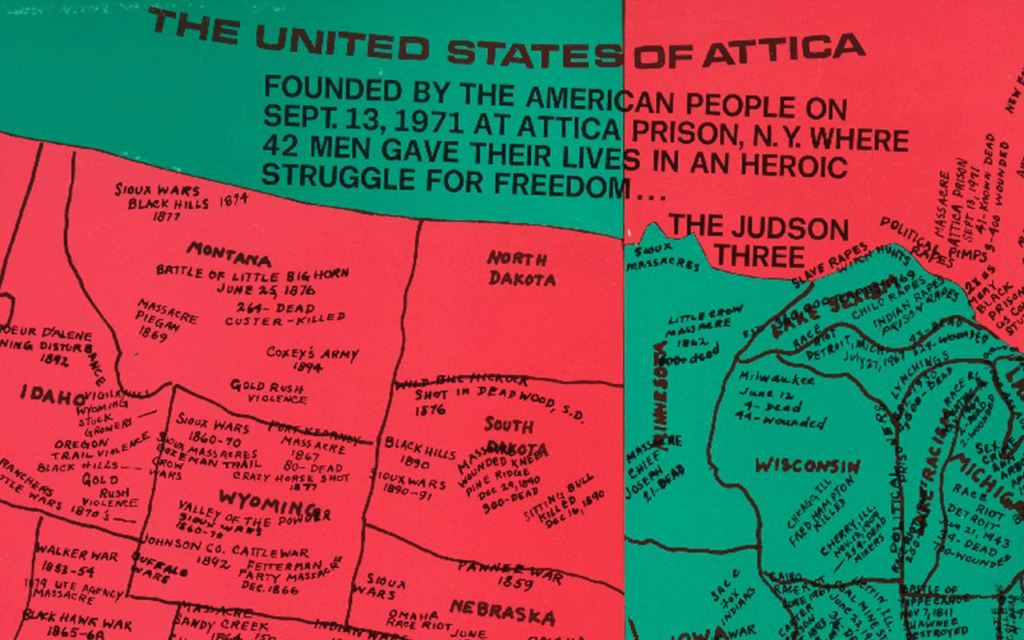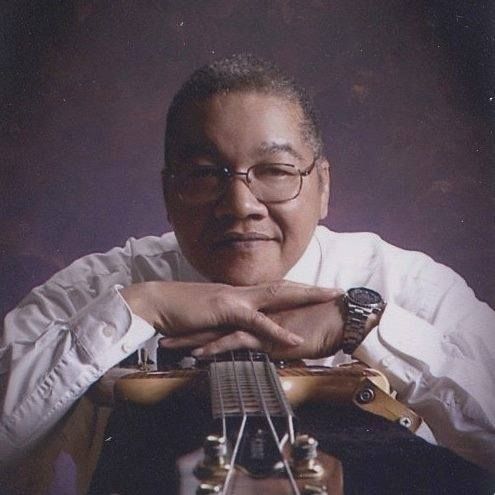


Since my favorite fantasy character (along with Galactus) has been in the news lately, I thought I’d share…..
This is truly sad news. He was the artist for Icon, who, despite being a conservative in his first incarnation, was perhaps my favorite Milestone superhero!
Here are some obits and here is his Wiki.





I remember so clearly when this was “sneak-peek”ed in the fall 1992. It feels like a lifetime ago: I had just started grad school. It was on #FoxKids, home of #BatmanTheAnimatedSeries. I hadn’t read a X-Men comic since 1985 so I didn’t know half the team’s members. I quickly learned and for much of the ’90s dopamine instantly flooded my insides whenever I heard the words, “Previously, on ‘X-Men’….” So, #MarvelEntertainment #MarvelEnterprises, please air these *in order* this time? An advance THANKS!
MARCH 25th UPDATE: WOW, WOW, WOW! What a debut!
I’m shocked at how this sly, goofy Hamilton homage really hits the mark!
…..Saturday mornings on ABC became appointment television for millions of 1970s children across America. (All this and Scooby-Doo and Schoolhouse Rock, too!)
Oh, an important societal note:
If you want to see a 1973 future-forecast prediction of Amazon.com, streaming services allowing people to stay home, etc., please find and watch all of the first-season episode “Professor Goodfellow’s G.E.E.C.” Two small excerpts:
So that’s what writing a rough draft of a novel is like!
Mine was easy since my novel is 80 percent true!


So I learned that all the fiction-writing stereotypes are true.


Just the trailer makes me want to see this team in its own movie trilogy! And I love this choice from The Beasties!
SEPTEMBER 14th UPDATE:
I’m really glad I read that phone-book comic omnibus SpiderVerse/SpiderGeddon, one of the longest but best Spidey stories ever.

If the last five episodes are as incredible as these first five, this one season of this one streaming show will have made up for:
This is an amazing time to love this franchise! Today is a good day to live 🙂
[UPDATE AFTER SEEING FINALE ON 4/20/23: The finale might have been the weakest. With the amount of time spent, the showrunners are determined to set up Star Trek: Legacy–something that technically doesn’t exist (yet)! I can’t believe the Trek people allowed the showrunners so much setup for nothing. There was less setup for a new movie the Trek folks have already announced! The story as a whole is almost the GOAT, but perhaps time will push this to an A+.]
*****
A Related Aside: Between this and what’s going on with Star Wars streaming shows, it’s beginning to be understood that good writing fixes everything–even bad movie sequels and prequels. The Star Wars streaming showrunners are creating world-building that’s so well done [LINK ADDED 4/20/23] it’s actually showing the greatness of the content of the prequels and sequels. An example of re-evaluating and changing your long-held view of something based on something else new that puts the old in a new context, a la the maxim, “If you change the way you look at things, what you look at changes.”